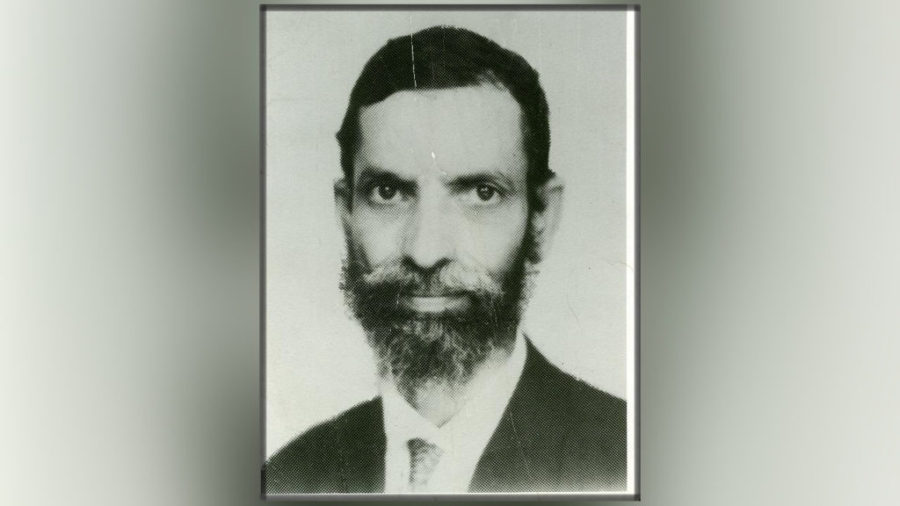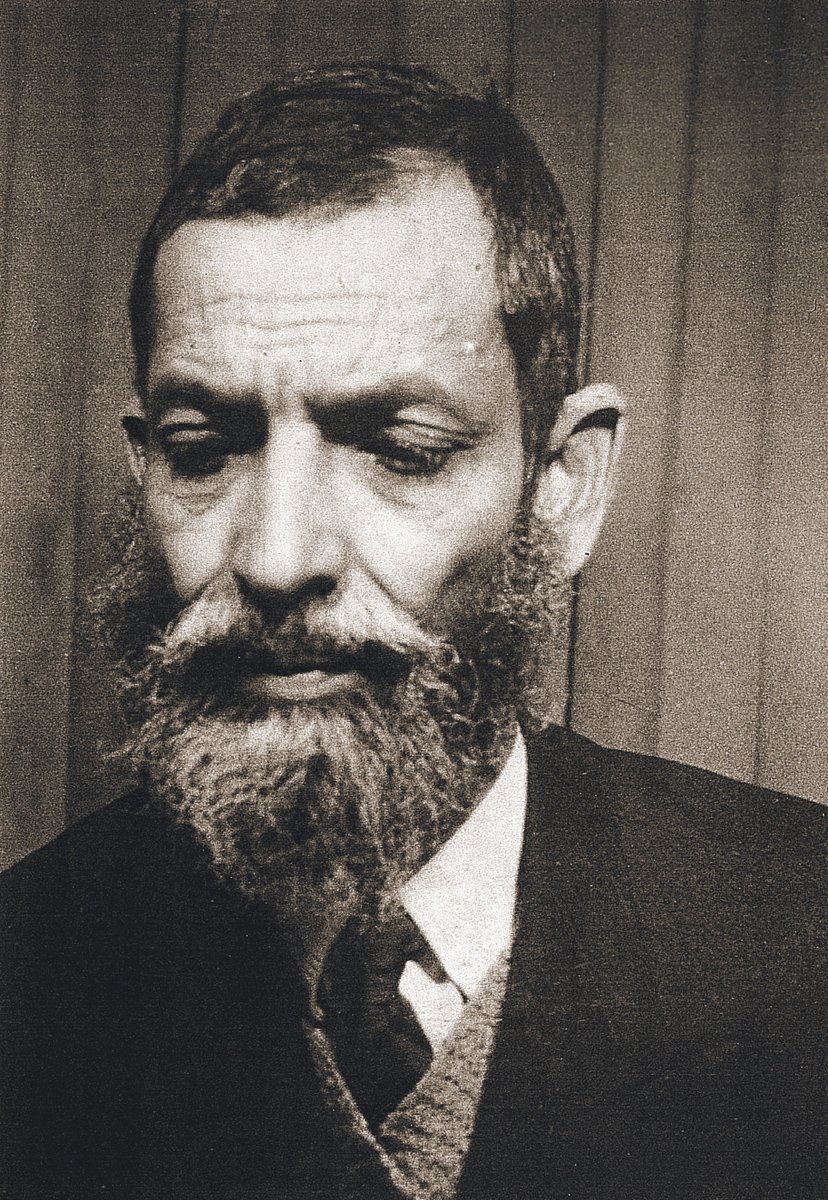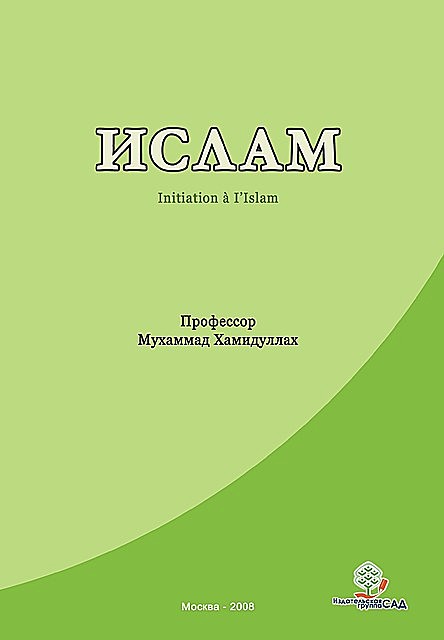
20th century Muslim scholar: Muhammad Hamidullah
Muhammad Hamidullah, who is called one of the greatest Islamic scholars of the 20th century, had his own position on some religious issues.
Mecca, Medina, Beirut, Damascus, Cairo, France, Germany, North Africa, Istanbul … Muhammad Hamidullah, who studied almost all Islamic manuscripts in the libraries of these cities and countries, was called by his friends a “library mole”.
Muhammad Hamidullah was born in 1908 in Hyderabad into a family of scholars whose family lineage dates back to the Arab theologian and Sufi Mahdum al-Mahaimi (d. 1432). His father Abu Muhammad Khalilullah was the chief mufti of the Nizams of Hyderabad .
Muhammad Hamidullah received an excellent religious education, graduated from the Faculty of Law of the University of Usmaniyah, where he remained to work as an assistant. To complete his dissertation on the legal system of Islamic states, he was sent to Bonn at the Friedrich Wilhelm University, where he simultaneously began to teach Arabic and Urdu. Having defended his dissertation in German “Neutrality in international Islamic law” in 1933, he began work on the next work, already in French, “The Code of Documents on Muslim Diplomacy of the Times of the Prophet and Righteous Caliphs,” which he defended at the Sorbonnein 1935. Thus, he became the owner of a double doctoral degree – Doctor of Philosophy and Doctor of Philology. Returning to his homeland, in 1936-1946, Muhammad Hamidullah, who received the title of professor, taught law at the University of Usmaniyah.

Source: islamansiklopedisi.org.tr
In 1946, Muhammad Hamidullah became a member of the UN delegation from Hyderabad. When India annexed this principality in 1948, he tried to achieve recognition of the independence of his homeland. Therefore, the Indian authorities forbade him to return. In the early 50s, the scientist took part in the creation of the first Constitution of Pakistan . Later, the scientist settled in France. He made a huge contribution to the opening of the Islamic Cultural Center in Paris, was engaged in scientific research and teaching. In 1996 he moved to America, where he died on December 17, 2002 after the morning prayer. The scientist believed so much that his native principality would someday gain independence that all his life he refused to obtain citizenship of any country and lived in the status of “heimatlos” (stateless person “).
Muhammad Hamidullah never married, did not pay attention to the benefits of the earthly world and money. He did not charge royalties for his published works. When Pakistan awarded him with the Order of Hilale-Imtiyaz for researching the life of the Messenger of Allah (peace be upon him), the scientist took the award itself, and donated the accompanying payment to the Islamic Research Institute of Islamabad . Likewise, he turned down the King Faisal Prize.

Source: ru.bookmate.com
The scientist was fluent in 22 languages, including Persian, Arabic, French, English , German, Italian, Greek, Turkish, Russian, etc. At the age of 84, he learned Thai. Muhammad Hamidullah is the author of over 250 books and several thousand articles in various languages. In 2008, the publishing house “Sad” published his book “Islam” in Russian.
Muhammad Hamidullah was of the opinion that there is a close connection between hadith studies and history, since both sciences use methods based on tradition. He pursued research outside of his own field, practicing an approach to Islamic sciences as a whole and trying to base them on primary sources. In his works on the history of Islam, the scientist not only conveyed information, but sometimes personally visited the places where certain events occurred, conducted research, which allowed him to add his own comments and assessments. In doing this, he usually avoided accepting anything that was not proven by rational methods. Muhammad Hamidullah’s emphasis on rationalism, especially with regard to prophetic miracles, has been the subject of criticism. He believed that the effect of miracles from the point of view of whether they can lead to faith or not, is uncertain because while some people can truly believe when they see a miracle, others are not affected by it. Also, in his opinion, the main thing inMiraj is the ascension to Allah, and where and how it took place does not matter.
Islamosphere

